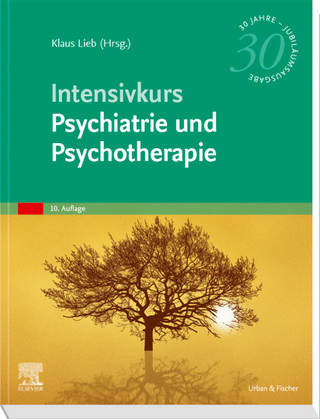
Addiction as an Attachment Disorder
Rowman & Littlefield Publishers (Verlag)
978-1-5381-3083-4 (ISBN)
In this second edition, Flores uses attachment theory to explain the roots of addiction and provide a road to recovery. This classic text is ideal for masters students in counseling, social work, and psychology, as well as professionals looking to help this misunderstood and underserved population. Features of the new edition include:
Complete updated references according to DSM-VGreater attention to the needs of multicultural clientsNew case studies incorporating gender and racial awarenessBulleted summaries at the end of each chapterExpanded discussion on neurobiology, DBT, and mindfulness in the treatment processIncorporation of contemporary writing on AA, 12 Steps, and other emerging treatment models
Philip J. Flores, PhD, is a clinical psychologist who has worked extensively for the past twenty years in the area of addictive disorders and group therapy. He is a fellow of the American Group Psychotherapy Association and holds a Certificate of Proficiency in the Treatment of Alcohol and Other Psychoactive Substance Use Disorders issued by the American Psychological Association. Dr. Flores is adjunct faculty at Georgia State University and is supervisor of group psychotherapy at Emory University. In addition to his book Group Psychotherapy with Addiction Populations, he has published numerous workshops locally and nationally on these two subjects. Dr. Mary F. Gay is an associate professor in Counseling at Argosy University, Atlanta. She is a Licensed Professional Counselor (1995) and a Certified Professional Counselor Supervisor (2013). Dr. Gay’s research interests include exploring attachment processes in the supervisory and counselor relationships and person-of therapist dynamics. She maintains a small clinical practice working with children, adolescents, families, and adults with a wide variety of concerns. Dr. Gay is the past-president of the Personality Disorders Awareness Network (2008-2013) and currently retains a position on the advisory board. James Siwy, PhD. is in private practice at the Family Counseling Associates in Roswell, GA. In his practice, he works with adults and adolescents, specializing in individual and group psychotherapies and psychological assessment. He has been active in a number of professional organizations, including long time membership in the American Psychological Association, the Society for Personality Assessment, the International Rorschach Society, the American Group Psychotherapy Association and the Christian Association for Psychological Studies (CAPS). In addition, Siwy served as the Southeast Director of CAPS and past-president of the Atlanta Group Psychotherapy Society.
Part I: Theory
Chapter 1: Introduction
Chapter 2: Addiction Overview
Chapter 3: Attachment Overview
Chapter 4: Self Psychology
Chapter 5: Neurobiology
Chapter 6: Cultural Impact on Attachment
Part II: Treatment
Chapter 7: Overview of Treatment
Chapter 8: Early Treatment
Chapter 9: Late Treatment
Chapter 10: Group Therapy
Chapter 11: Therapeutic Alliance
| Erscheinungsdatum | 10.05.2021 |
|---|---|
| Verlagsort | Lanham, MD |
| Sprache | englisch |
| Maße | 152 x 229 mm |
| Themenwelt | Geisteswissenschaften ► Psychologie ► Persönlichkeitsstörungen |
| Medizin / Pharmazie ► Medizinische Fachgebiete ► Suchtkrankheiten | |
| ISBN-10 | 1-5381-3083-1 / 1538130831 |
| ISBN-13 | 978-1-5381-3083-4 / 9781538130834 |
| Zustand | Neuware |
| Haben Sie eine Frage zum Produkt? |
aus dem Bereich


